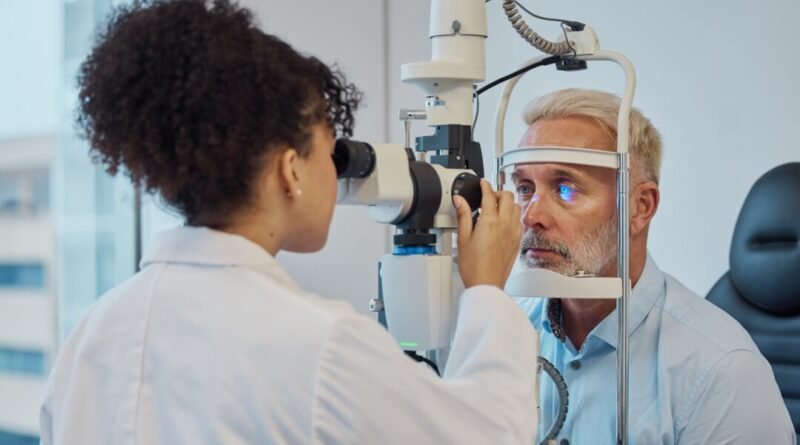Changes in Vision and Hearing Could Signal Dementia Years Before Diagnosis
Research has shown that there is a higher prevalence of dementia among individuals with hearing loss. However, those who use hearing aids have a lower incidence of dementia compared to those who do not use hearing aids.
Changes in vision and hearing can serve as early indicators of cognitive decline, potentially signaling more serious issues. Recent studies have revealed connections between vision changes and hearing loss in patients with Alzheimer’s and other dementias, aiding researchers in understanding the relationship between these senses and brain changes. This newfound knowledge could lead to screening methods that predict the onset of dementia in high-risk populations much earlier than current methods allow, possibly even early enough to prevent the disease from developing.
Vision and Dementia
A recent study published in Scientific Reports found that a decrease in visual sensitivity can predict dementia twelve years before diagnosis. Researchers from Loughborough University in the UK monitored 8,623 healthy adults, with 537 participants developing dementia by the end of the study, providing valuable insights into potential disease causes.
Individuals who later developed dementia exhibited slower responses in a visual sensitivity test conducted at the beginning of the study. The researchers hypothesize that alterations in visual sensitivity could be early indicators of cognitive decline, as brain areas responsible for vision might be impacted by Alzheimer’s-related amyloid plaques before memory-related brain regions suffer damage.
Additional research has shown that Alzheimer’s can affect visual processing in various ways, such as impacting contrast sensitivity and color discrimination abilities, particularly within the blue-green spectrum. Changes in eye movements, like a loss of inhibitory control, can also occur early in the disease, making focusing more challenging.
Recognition of faces may become difficult for individuals with Alzheimer’s, indicating visual changes rather than memory-related issues. Healthcare providers working with dementia patients can sometimes identify signs of the disease based on these visual difficulties.
Hearing and Dementia
Hearing loss has been linked to a higher risk of developing dementia and may even contribute to the disease’s progression. Research suggests that individuals with hearing loss have an increased vulnerability to dementia.
Severe hearing loss was associated with a 61% higher prevalence of dementia compared to those with normal hearing. However, individuals who used hearing aids demonstrated a 32% lower incidence of dementia among the group with moderate to severe hearing loss.
Further studies have supported the idea that hearing aids could potentially delay the onset and progression of dementia by mitigating the effects of hearing loss on the brain. These findings underscore the importance of addressing hearing loss in dementia prevention efforts.
Insights from research on the impact of vision and hearing changes on the development of dementia may offer opportunities for early disease prediction and prevention strategies, potentially leading to a future where these debilitating conditions can be avoided altogether.



